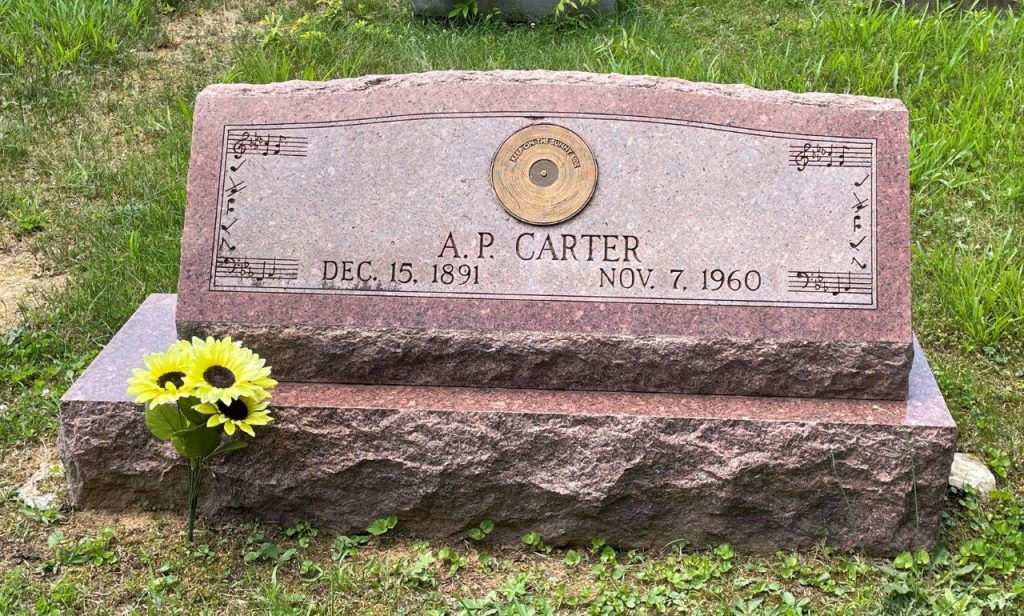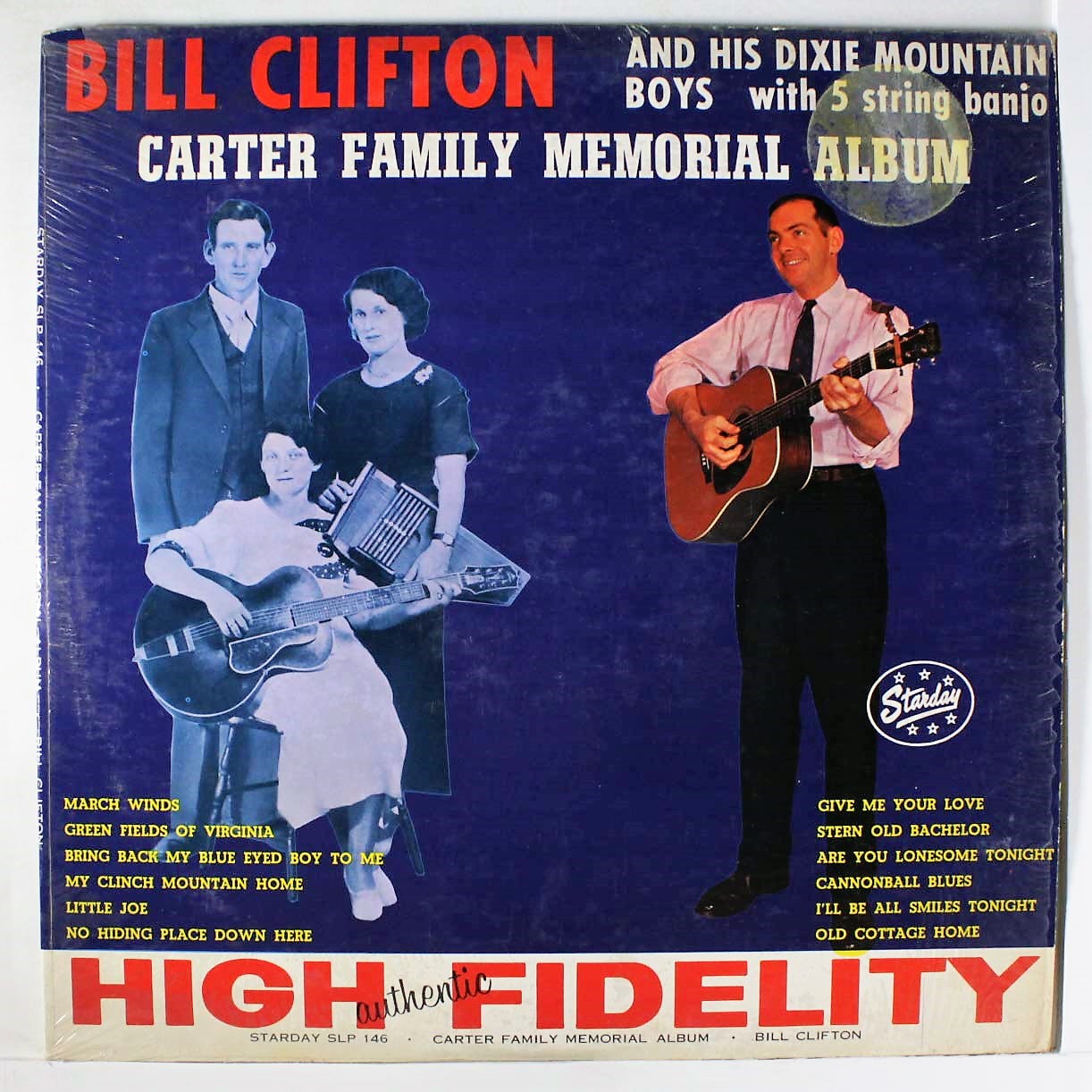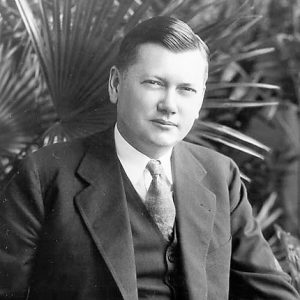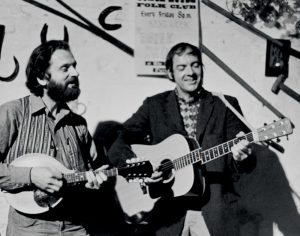Een groot gedeelte van deze post gaat over het Carter Family Memorial Album van Bill Clifton dat door Starday uitgebracht werd in de periode dat A.P. Carter kwam te overlijden. Don Pierce, de oprichter/eigenaar van Starday, begon al voorafgaand aan het overlijden van A.P. Carter met het maken van commerciële afspraken met betrekking tot het album. Wonderlijk is het, maar nu ik het verhaal achter deze LP beter ken zal ik een volgende keer toch ‘met iets andere oren’ naar deze LP gaan luisteren…
Carter Family Memorial Album and Songs
Transcriptie:
When we were at the conference in London it was mentioned that one of the reasons that the music of The Carter Family stayed so alive was that there was a small group of people but with high profiles and big influences that kept the music going. Yeah. Well, I think that’s true. Not forgetting Maybelle and the girls. I mean, Maybelle and the girls were out there. They weren’t doing original Carter Family songs. They were doing, except for once in a while; they were doing a lot of new material as well. Helen was writing, and they were just getting other songs from the song mills in Nashville, or whatever. But when I did my Carter Family album it was a tribute to A.P. primarily. That’s what, I mean it was [a tribute] to Sarah and Maybelle also, but mainly I was concerned about A.P. and I wanted him to know about it. And Starday… Don Pierce had just asked me, at the D.J. convention in November of, I guess it was 1960. Yeah. Or was it ’61? I can’t remember now, in what year A.P. died…

’60. He died in 1960? So it was in November of 1960 that Don, when I was at the D.J. convention in Nashville, that Don Pierce said ‘I want you to do an album of Carter Family music’. And I was thrilled. That’s wonderful. That I will do. I’m really glad to do that. And then when I found out from June, through June and Gladys, that A.P. was in the hospital in Kingsport, I immediately wanted to go to the hospital and tell him that. I didn’t want to tell him the circumstances of the album because when I talked to Don Pierce he said: ‘Now, I want half of the songs to be published by my publishing company’. ‘How can I do that? They’re all published by Peer International and Southern Music under A.P. Carter’s name’. And Don Pierce looked at me and said: ‘Yes, but you know which ones he didn’t write and which ones he did write and I want at least six of those songs to be publishable by Starday Music’. When I went to the hospital I didn’t tell A.P. that. I just told him that I was going to do the album. There was no recognition; I couldn’t see anything in his eyes that he even knew I was there. And to this day I don’t know that he heard me. I only hoped that he did. He was in an oxygen tent. But I did tell Gladys, the oldest daughter, I told her that same night. I said: ‘Gladys, there’s a catch to it. Don Pierce wants half of the songs to be publishable by Starday Music’. And she said: ‘Well Bill, you just have to do it. We want you to do it. Everybody in the family wants you to do it. So you do it. And if that’s the way you have to do it, you do it that way’. And they were very understanding about it. But I always wanted the royalties to go to the family. I mean, I figured: A.P. found those songs. Sometimes he didn’t find them. Sometimes Maybelle found them or had them in the family. Or sometimes it was a song that Sarah knew, you know.


But the way Ralph Peer did it: he always wrote down A.P. Carter and got A.P. to sign that it was their song. And sometimes the songs weren’t even twenty years old. I mean, they were new songs. And you’d look at it and think: ‘How did he get by with that, how did Ralph Peer get by with that?’ He didn’t always get by with it. He got by with it most of the time. You see, but he was the first person publishing this kind of music and, as the first publisher of that kind, of music very few people realized that there was anything going on under the table or that there was anything wrong with it. Not many people were paying any attention to the music; they were looking at the song titles. Well, Ralph Peer would change the song title. He would leave off one word. If the words were ‘You are’, or something, then it would be ‘Are’ and leave out the ‘You’. He would just change it, so that any publisher looking at the list of songs would think: ‘Oh, that’s not my song, that’s somebody else’s’, and not realize that that was the same song that they had published themselves. And there were a lot of new publishers that went by the board. They were in business for 25 years and the man died and [they] went out of business. I met Bob Miller when he was very active in the business. Bob was somebody who sent me every song that he published. All the Elton Britt songs were his, and I was singing some of the Elton Britt songs. I wasn’t a good yodeler but I was ‘The Yodeling Mountaineer’ on the radio station where I worked. So Bob would send me everything he published and all the sheet music to everything and all the songbooks you know. And what happened to Bob Miller music when he died? I don’t know. I’ve never heard of him since. I mean, as far as I know it ended. Paul Clayton had his own publishing company. It’s called ‘Afton’, after Afton Mountain, which was right behind his cabin. I don’t know what happened to Afton after he died; I’ve never looked into it.

And then again: there are a lot of people that write songs under the same title. Yeah…
It could he like you have one title and fifteen different songs. Sure. I mean, that is true.
So, it’s hard to follow that up every time. It is. Yeah.

Wat mooi Harry!
Dankjewel voor het compliment Martha!
De muziekbusiness is heul voak een smerige zoak west. Tot op dizze dag!!!
Ik denk dat je gelijk hebt. Geld verdienden komt vrijwel altijd eerder dan idealisme…
Dizze keer was mien reaktie kört Harry. Want inderdoad dei ploatenboazen binnen crimo’s. Zelfs Johnny Cash het twai keer ontslag kregen. In 1986 bie Columbia en in 1993 bie Mercury/Polygram. Cash kon doar over mopperen as de beste!